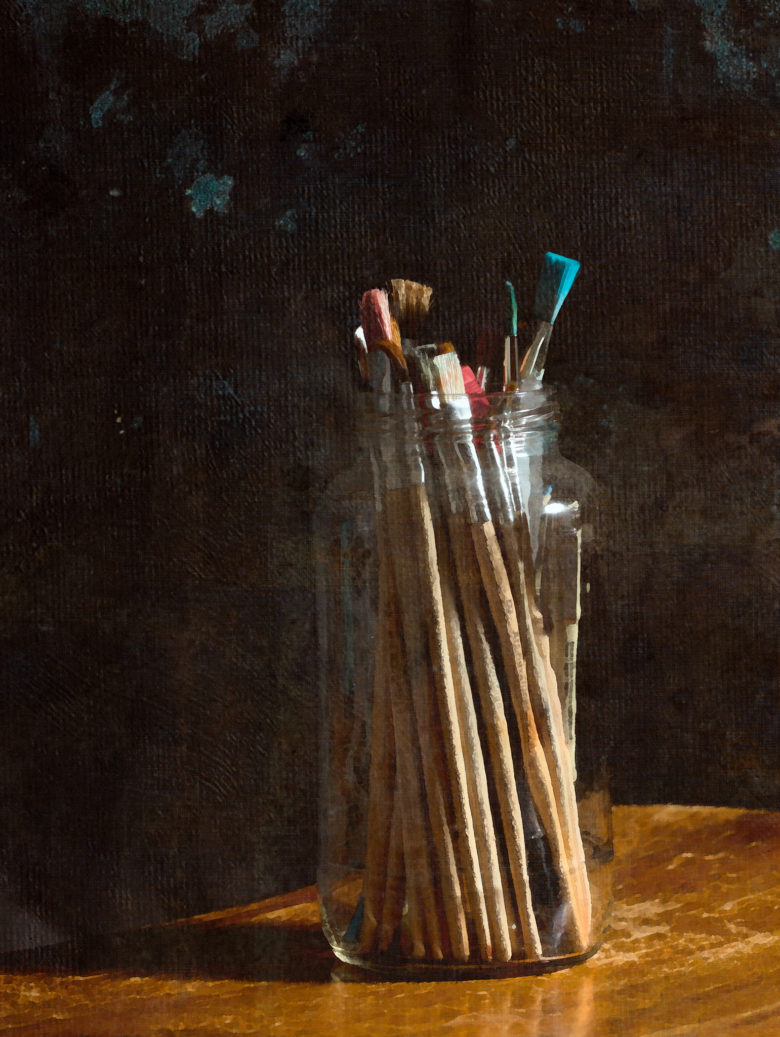
February 16, 2021 / Behind the Scenes Editorial Imagine Beautifully Musings Uncategorized
A Bad Catholic Does Lent, a Spiritual Experience
I laid at the foot of my friend’s bed while everyone else slept. Something gnawed at my 12-year old brain, something I didn’t understand. A room full of my closest friends, a sleepover, and I felt completely alone. I longed to feel something deeper, to connect to something vital, a spiritual experience. I opened a pocket New Testament I found scattered among the mass of blankets and dirty plates holding pizza sauce and empty Coke cans misshapenly crushed and strewn across the carpet floor. I read emptily. Nothing stood out. Nothing inspired. Yet the act alone drew me into an interior space of longing that never left.
Then, I turned 16, already sexed, drugged and rock ‘n rolled for some years. After a singularly horrific bender of what my parents would have found unimaginable, I woke up languid, lonely and indefinably lost. Over the course of the next year, I escaped the peril of my own self by seeking God.
I found something like a God in the Catholic Church. How I got there, being raised by non-religious parents, is another story, one that looks beautiful on the outside but is not. That story is for another day. I had made a decision that I was going to pursue truth, something spiritually significant, no matter where it lead me, even if it lead me to denial, which it did.
I can only say that I am now agnostic about God. I have a strong sense that there is something greater than myself and the world around me, and that this is at least the proximate source of any spiritual knowledge. Whether the source of that knowledge has a name, or even an identity, I make no claims other than I doubt it.
What, then, defines a spiritual experience absent God? When I collect all the moments of my life that I would define as spiritual, the death of my parents, the birth of my children, the first time I saw a zodiac image in the stars, but also traveling through a foreign land, being in an alcoholic stupor, and any orgasm, they all weave with a singular thread: the mental distancing from the immediate into a broader perspective. “I am now on my own”. “I am this child’s father”. “O!”
It is with this notion of spiritual experience that I now write. How does one discover, manufacture, sustain a spiritual experience? I have long stopped believing in any religion. I have not stopped seeking the divine. And herein lies the problem: how does an agnostic systematically seek spirituality, not just experience it in the heaves and hoes of daily existence?
In his Biographia Literaria, Samuel Taylor Coleridge reflected on the path to imaginative literature. He wrote that “my endeavours should be directed to persons and characters supernatural, or at least romantic, yet so as to transfer from our inward nature a human interest and a semblance of truth sufficient to procure for these shadows of imagination that willing suspension of disbelief for the moment, which constitutes poetic faith.” A poetic faith is one that suspends disbelief, not so as to assert anything as true, but so as to allow a truth to unfold from behind the imaginary. When we are in awe of a painting, a poem, a song, film or story, we do not believe it true, yet we simultaneously allow its presence to exist as true so as to acquire something true from it.
Ut poesi fide (As with poetry, so too with faith). The suspension of disbelief is like the widening of an aperture. It reveals things previously only viewed in blur. If the suspension of disbelief can yield a distancing from the immediate into a broadening of perspective in art, that is, to a new understanding, then all the more reason to consider it in matters of spirituality. The truth of any particular faith makes no difference. Faith becomes merely the act of suspending disbelief so to gain access to something that lays hidden to empirical, non-imaginative eyes.
Lent begins on Wednesday, the traditional Catholic period of fasting and denial in preparation for Easter. For 40 days, I will imagine and explore the powerful imagination behind Lent in order to openly explore that world. This is not an attempt to prove or disprove anything. I already deny much of the Christian narrative. Instead, like immersing oneself in a great film or piece of music, I will suspend disbelief in order to wander through the desert and discover among the grains of sand the truths that only a beautiful escape into a broader perspective can find.




